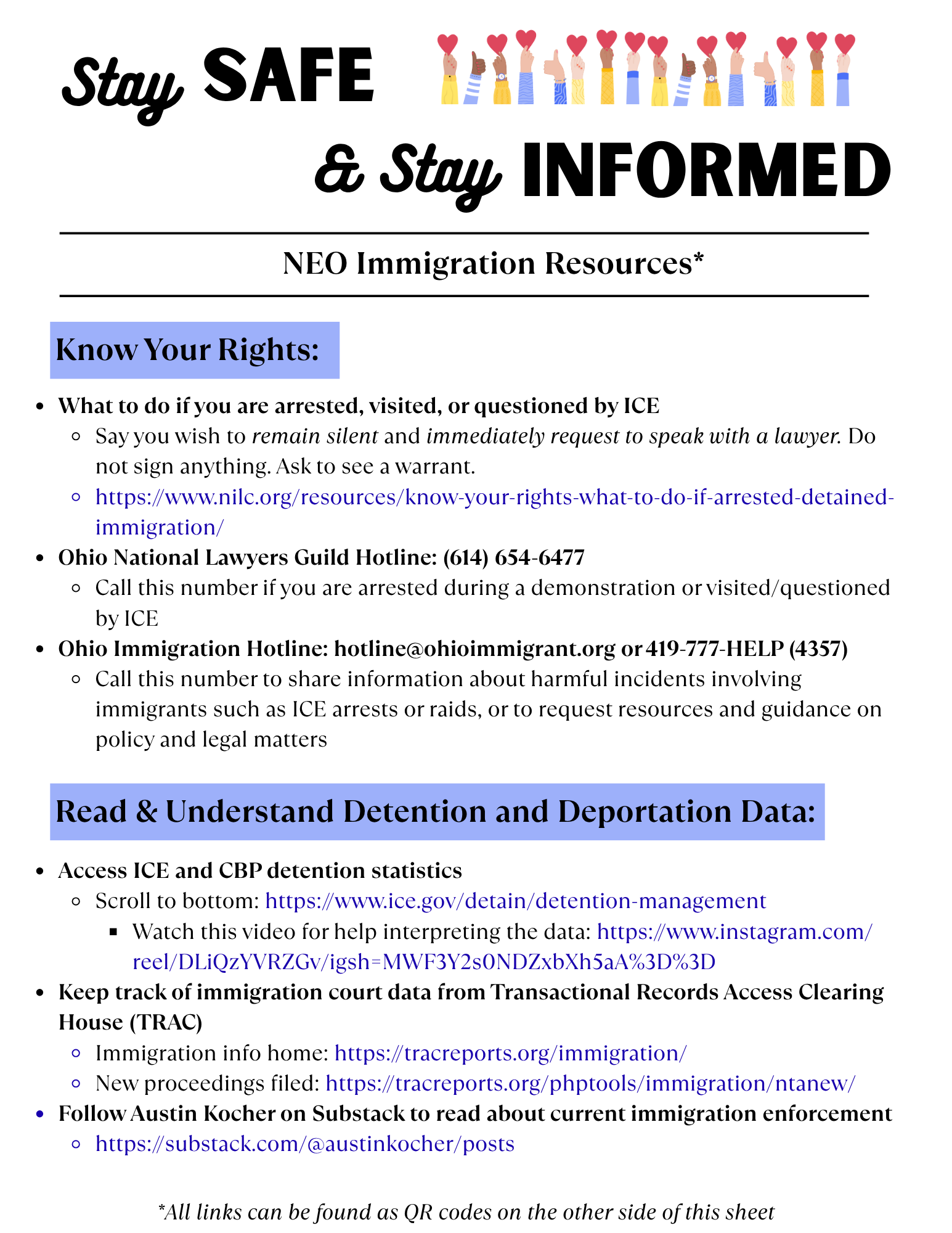For almost two decades, the Indigenous Xinka people of Santa Rosa Department have been resisting El Escobal–a silver mining project in the municipality of San Rafael Las Flores. Since 2007, the Xinka have organized peaceful protests in opposition to the progression of El Escobal, aided by the State’s willingness to grant mining exploration and exploitation licenses without concern for Indigenous rights. Now, a ruling by the Constitutional Court of Guatemala (CC) has given them the opportunity to a formal consultation and presentation of their decision on El Escobal’s continuance.
Previous Xinka resistance to El Escobal was met with State violence and intimidation. On March 13, 2013, four Xinka community leaders were kidnapped and tortured by an armed group following a consultation in the village of El Volcancito. Shortly after, Xinka communities held a protest near the mine in opposition to the government granting El Escobal a 25-year mining license. This was met by violent eviction by the police, who employed rubber bullets, tear gas, and arbitrary detention. Escalation continued when former President Otto Pérez Molina declared a state of siege in four municipalities in the conflict zone, deploying 8,000 soldiers and police in the region.
In 2018, after years of peaceful protests, criminalization, and legal battles, the CC issued a historic ruling. The court suspended the license for exploitation of El Escobal mine and ordered the State to conduct a consultation with the Xinka people in accordance with the International Labor Organization (ILO) standards. This consultation was the first in Guatemalan history formally conducted with an Indigenous people relating to an extractive project. Additionally, the CC recognized that the Guatemalan State had violated the Xinka people’s right to a free, prior, and informed consultation regarding projects that impact their territory, also established by ILO Convention 169. On May 8, 2025, the Xinka People’s Parliament of Guatemala presented the results of their consultation, saying NO to the reopening of El Escobal and stressing the Guatemalan State’s clear violations of their rights, identity, and spiritual connection to the land.



